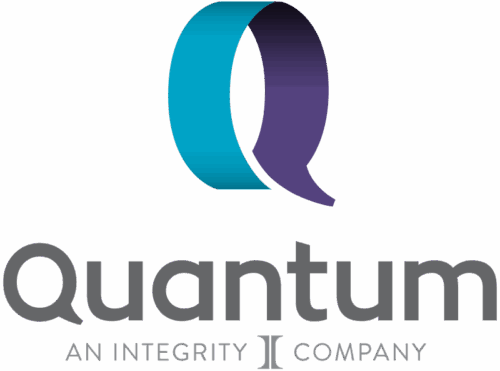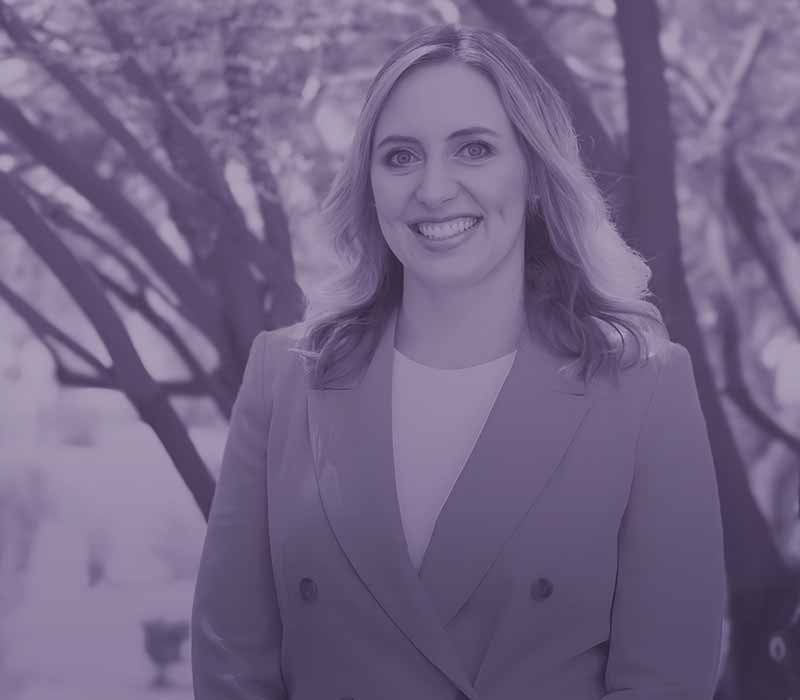PTE 2020-02 Best Interest Standard
In general, the Department of Labor’s new fiduciary rule, Prohibited Transaction Exemption 2020-02 (PTE 2020-02), requires investment advice fiduciaries to comply with standards which include a best interest standard, a reasonable compensation standard, and a requirement to avoid any materially misleading statements.
On July 1st, the last part of (PTE 2020-02)—the part pertaining to rollover recommendations and documentation—became enforceable.
Even though the July 1st enforcement date has passed, many in our industry are still unaware of the new rollover rules, and we all need to get up to speed as soon as possible on the new requirements.
Here are some of the things we believe to be true based on our research. Please consult with your own compliance department to verify what you will have to do to comply with the law.
Which Financial Professionals Are Affected?
The PTE’s expanded definition of fiduciary advice for rollovers applies to everyone, including broker-dealers, investment advisers, banks and trust companies, and insurance companies and their agents and brokers. Everyone making a retirement rollover recommendation is now considered an investment advice fiduciary and must document the specific reasons why a rollover recommendation is in the best interest of the retirement investor.
Which Rollovers Types Are Affected?
The preamble to PTE 2020-02 expanded the definition of “fiduciary advice” to include almost all rollover recommendations. All rollovers are affected, including an employee benefit plan to another plan or an IRA, from an IRA to a plan, from an IRA to another IRA, or from one type of account to another.
What Do You Have to Consider For Your Client?
You must consider the following factors or more in your recommendations:
- Alternatives to the rollover, including leaving the money in the current employee benefit plan if permitted and selecting different investment options, as well as the fees and expenses associated with both options. (This includes whether the employer pays for some or all of the plan’s administrative expenses, and the different levels of services available under both options.)
- For rollovers from another IRA or from a commission-based account to a fee-based account, you must consider the services that will be provided under the new arrangement as well as the long-term impact of any increased costs and why the added benefits justify those costs. Equally important factors include the impact of features such as surrender schedules and index annuity cap and participation rates for insurance products.
You are expected to do prudent and thorough due diligence. The information you need about existing plans should be available to you from your client because of the DOL’s regulations under ERISA § 404(a)(5) requiring disclosure of certain plan-related information to plan participants.
If your client is unwilling to provide you with this information or it is not otherwise available, you can make a reasonable estimation of expenses, asset values, risk and returns based on publicly available information, such as the plan’s most recent Form 5500 or reliable benchmarks on typical fees and expenses for plans of a similar type and size.
However, any assumptions and limitations to factors considered should be documented and explained.
A Written Document Is Required and Provided to Your Client; Generalizations Not Allowed.
Again, starting on July 1st, you will need to provide to the participant, in writing, the specific reasons why a rollover is in your client’s best interest.
Generalized or generic reasons why a recommended rollover might be good for a typical or hypothetical participant will not fly. PTE 2020-02 says that the recommendation must be based on the financial circumstances, risk tolerance, needs and investment objectives of the particular participant.
In other words, your analysis and recommendations need to be personalized and customized to your client and his or her individual circumstances.
When Is the Documentation Required?
PTE 2020-02 requires this documentation to be provided to the retirement investor prior to engaging in the rollover. In other words, you have to provide your reasoning in writing to your client before you complete any rollover.
While we cannot help you with your written compliance requirements, Quantum can help you compare between hundreds of insurance and annuity products from more than 35 insurance companies, providing relevant information about individual contract features and benefits, costs and fees.
FOR ADVISOR USE ONLY
Sources:
https://www.thinkadvisor.com/2022/03/16/get-ready-for-new-dol-rollover-rules-on-july-1/
https://www.thinkadvisor.com/2022/06/27/new-dol-rollover-rules-kick-in-friday-are-you-ready/
https://thequantum.com/important-new-dol-rule-compliance-begins-february-1st/
A natural coach and leader with 20 years in the industry, Jim uses his vast experience to deliver the most successful strategies to our advisors.























